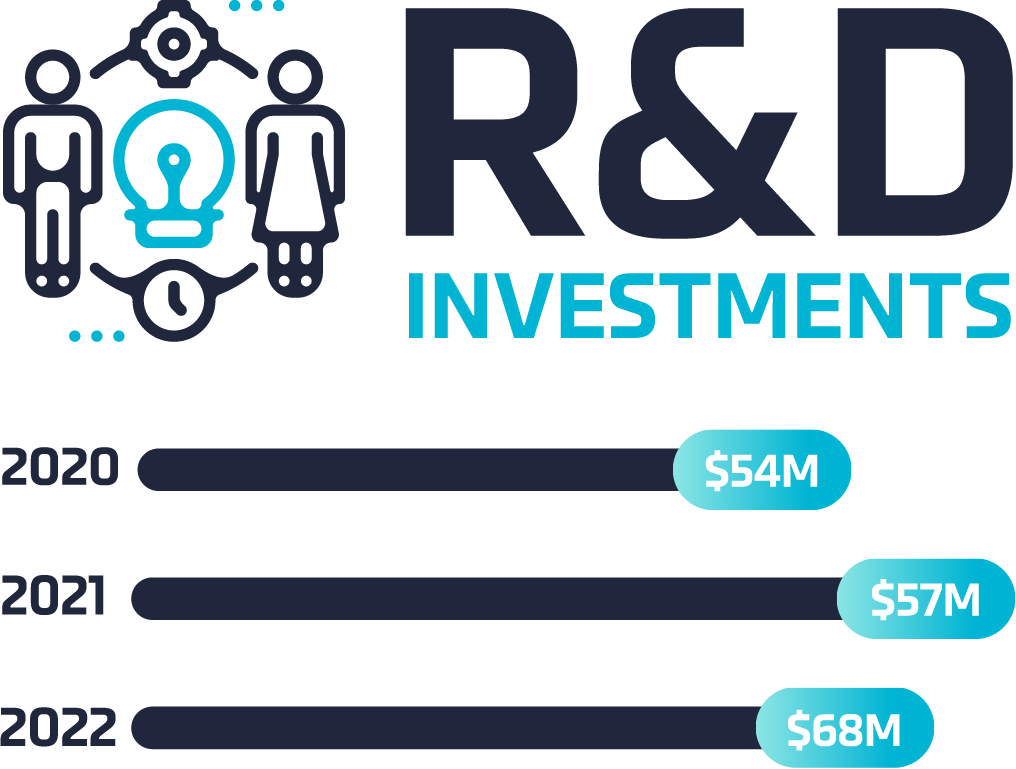IMI TAMI
The ICL Chemical Research Center in Israel — IMI TAMI is a world class research institute. Its primary goal is to expand ICL’s business by improving existing chemical production processes and developing new proprietary chemical compounds that offer a commercial advantage. TAMI’s team includes chemists, engineers, and microbiologists. The institute also provides a broad range of services, including research and development, production, testing and a very large selection of analysis options for customers from the chemical, pharmaceutical, food and environmental quality service industries.
As a one-stop-shop facility, TAMI's infrastructure and expertise enable the development of processes from the basic idea to the full industrial process. TAMI offers its expertise in every step of the process: idea validation, lab feasibility, parametrization, process safety analysis, scale-up and waste treatment. Development relies on a state of the art infrastructure containing in-house development tools, and is assisted with cutting edge customized simulation capabilities. TAMI also deals with scaling down processes for troubleshooting or changing and upgrading processes. TAMI works under strict regulation requirements, e.g., ISO 9001, ISO 14001, ISO 45001 GLP, etc. To meet customer requirements, TAMI provides various solutions for raw material recycling and waste treatment and analysis, as well as sophisticated analytical tools to face new challenges.







